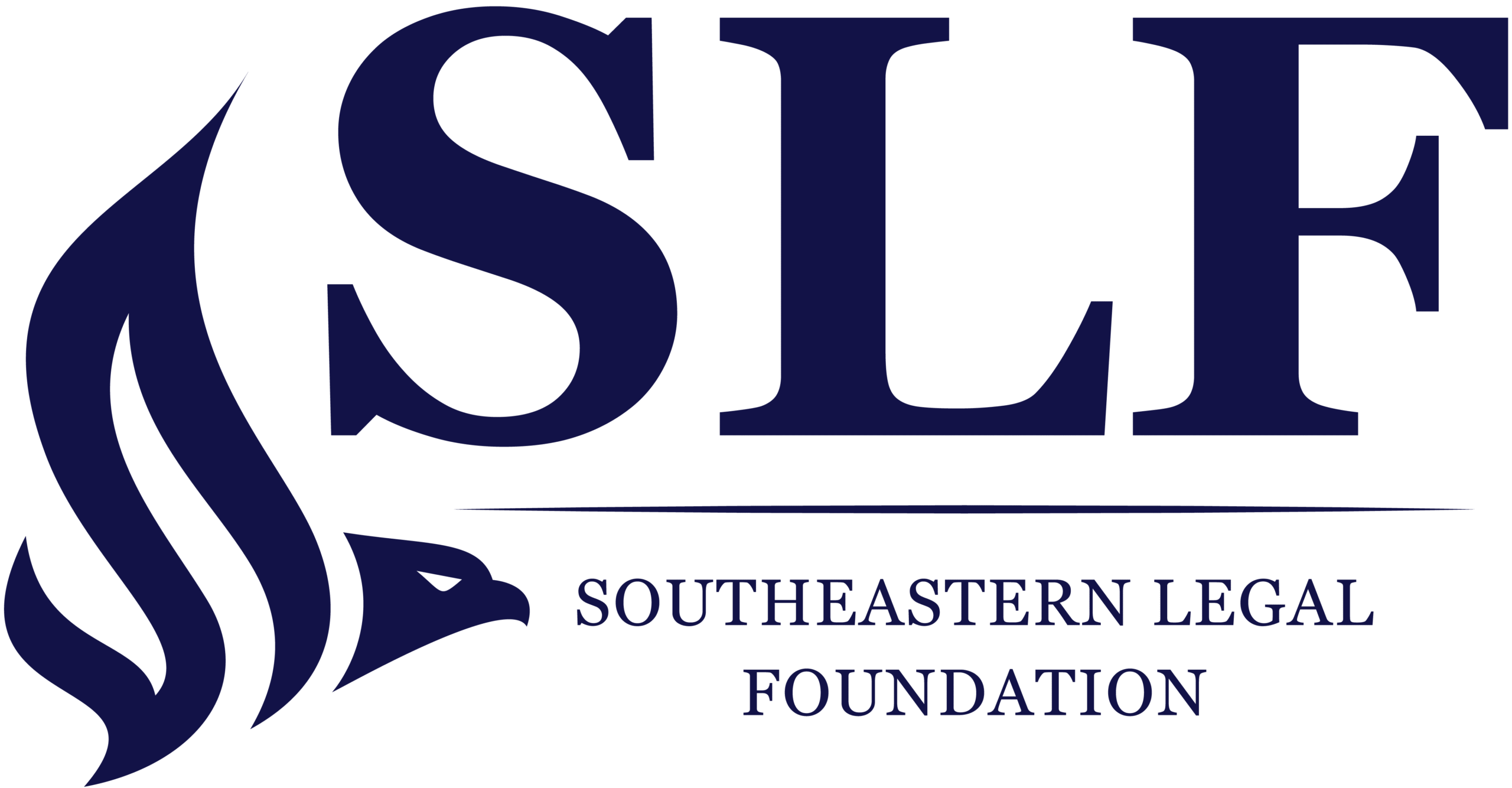Southeastern Legal Foundation (SLF) filed an amicus brief urging the Supreme Court to take up a case challenging bias response teams as unconstitutional.
At Virginia Tech, students are encouraged to report each other for bias. But what exactly is bias? Not even Virginia Tech can answer that question. The University tells students that anytime they “feel” someone’s words target them based on certain traits, they can and should report the expression to the Virginia Tech Bias Intervention and Response Team (“BIRT”). The BIRT then investigates the reports and decides whether to notify disciplinary bodies, including the student conduct office and even the police department. As a result, students self-censor rather than face the potential consequences of saying something “biased.”
Read More
Student members of Speech First want to engage in discussions on controversial topics like Black Lives Matter, immigration, abortion, and gender identity. But since they don’t dare to risk the consequences for offending their peers, they have opted not to speak at all. As SLF explains in its brief, Virginia Tech’s bias reporting system violates the First Amendment because it forces Speech First’s members and other students to self-censor rather than offend their peers. And Virginia Tech is not alone; other universities employ similar scare tactics to silence students. SLF is calling on the Supreme Court to end this unconstitutional practice.
